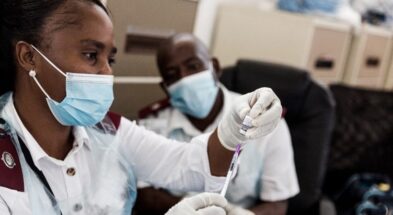Canadian Prime Minister Justin Trudeau on Tuesday announced that they’re closing a loophole to ensure anyone who travels abroad for non-essential reasons will not be able to access the benefit to cover their quarantine’s cost upon return to Canada, making changes to the $1,000 sickness benefit.
During his first Rideau Cottage address of 2021, Trudeau condemned those who travelled internationally over the holiday season. His office has confirmed that the prime minister has not travelled and spent the holidays at home with his family.
Trudeau said that the change was “To keep Canadians safe and protect people, who need this sickness benefit to stay away from work. Not as a way out to pay for quarantine after a vacation.” “So many people gave up so much more than just a vacation over the holidays. There’s a reason, so many Canadians made those tough but responsible decisions. There’s a reason so many Canadians did their part. It was for the people around them,” he added.
Intergovernmental Affairs Minister Dominic LeBlanc said the federal government would look at just about any measure to discourage people from travelling internationally. LeBlanc said Canada doesn’t want to join the shortlist of countries that require government approval for travel, with measures such as exit visas.
First unveiled this summer, the Canada Recovery Sickness Benefit (CSRB) was designed to provide $500 per week for up to two weeks for workers who are sick or must self-isolate for reasons related to COVID-19 or have underlying conditions that would make them more susceptible to the novel coronavirus. Concerns were raised about Canadians claiming this benefit to cover time off work while completing a 14-day mandatory self-isolation following their return to Canada, which led to the new eligibility criteria. However, it remains unclear whether this change is something that can happen before Parliament resumes at the end of the month. Starting Thursday, Canada requires incoming air travellers to present evidence of a recent negative COVID-19 test before being allowed to board a plane. However, questions remain about how that will work in places where such tests aren’t readily available. The federal government hasn’t ruled out applying such a rule to non-essential travellers arriving at land borders.



















